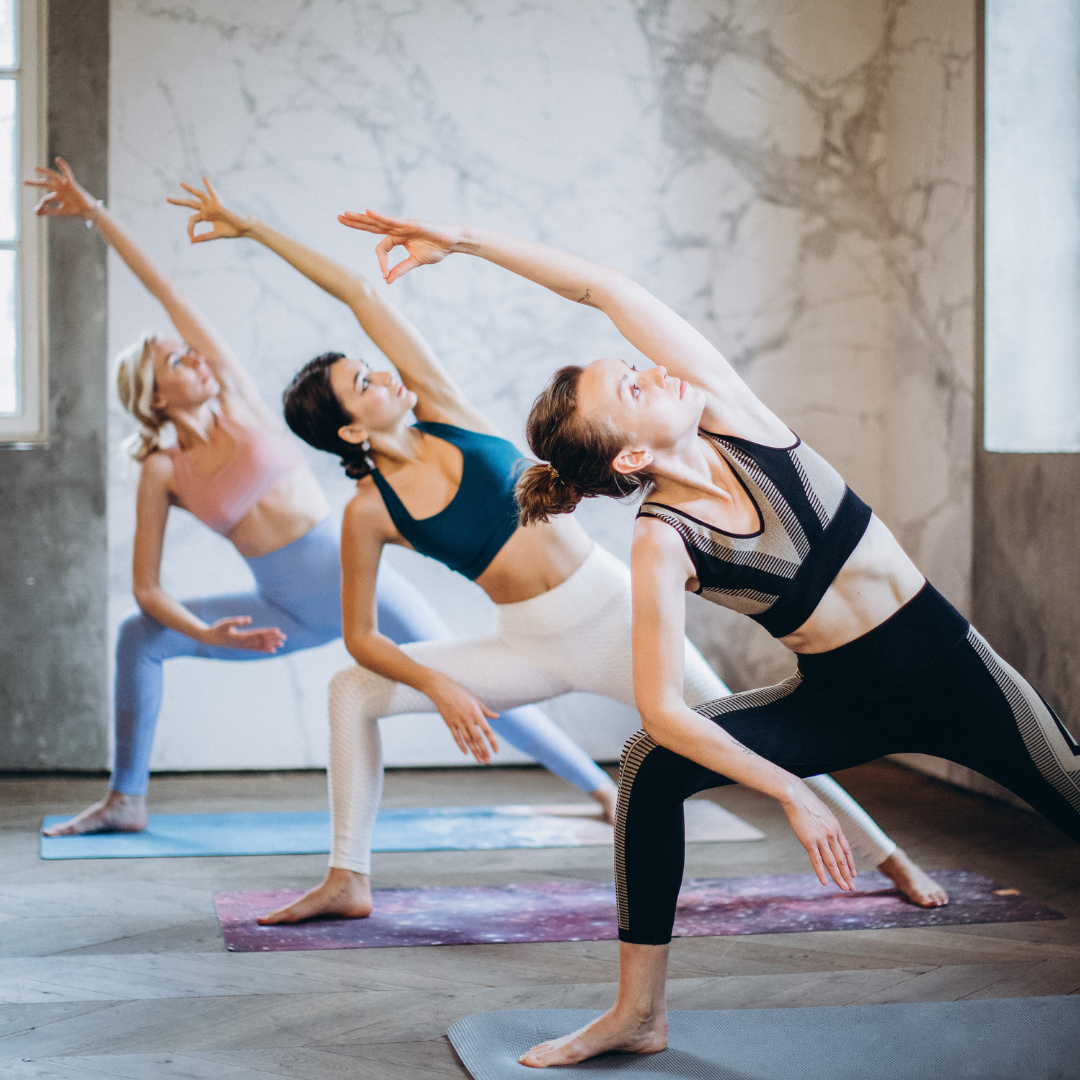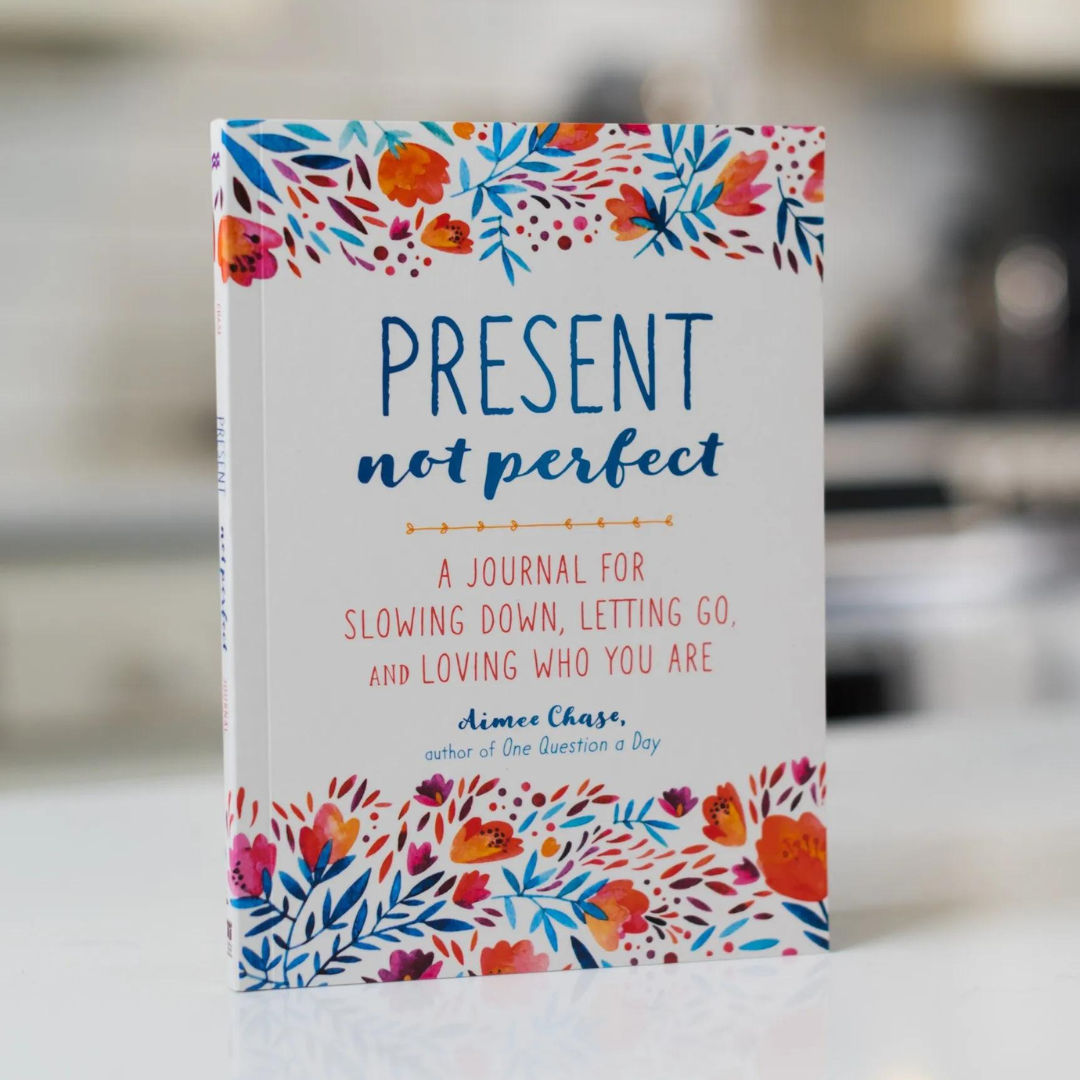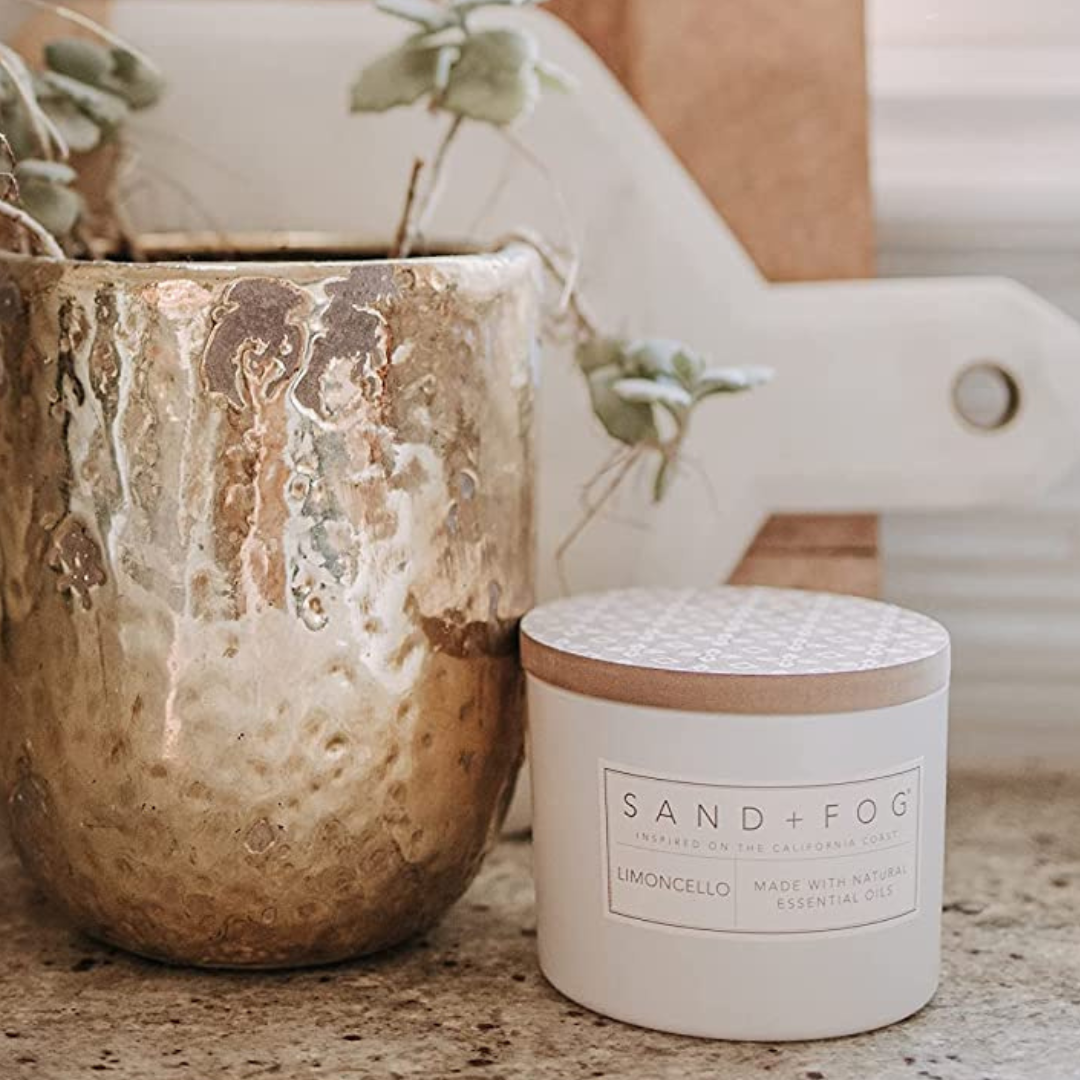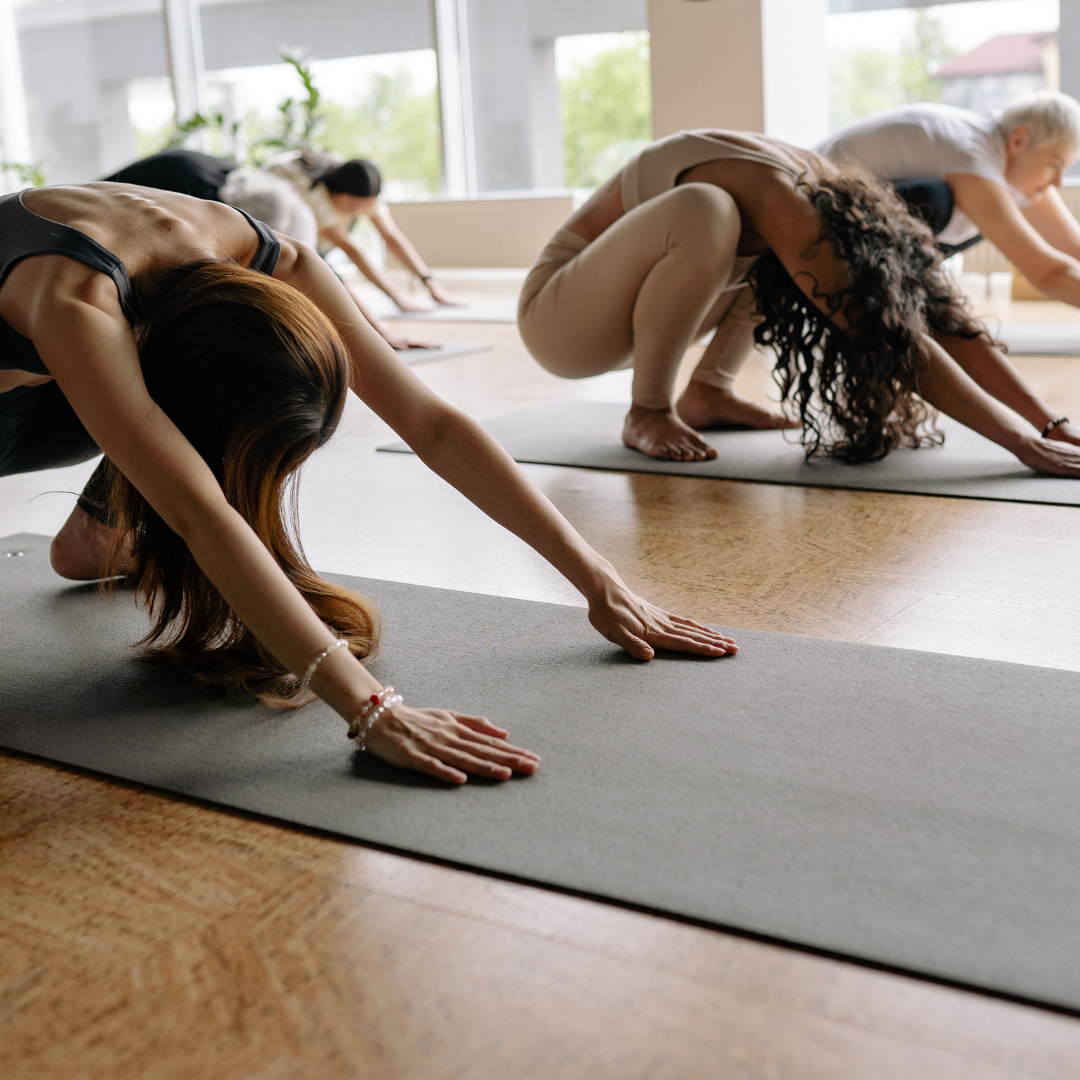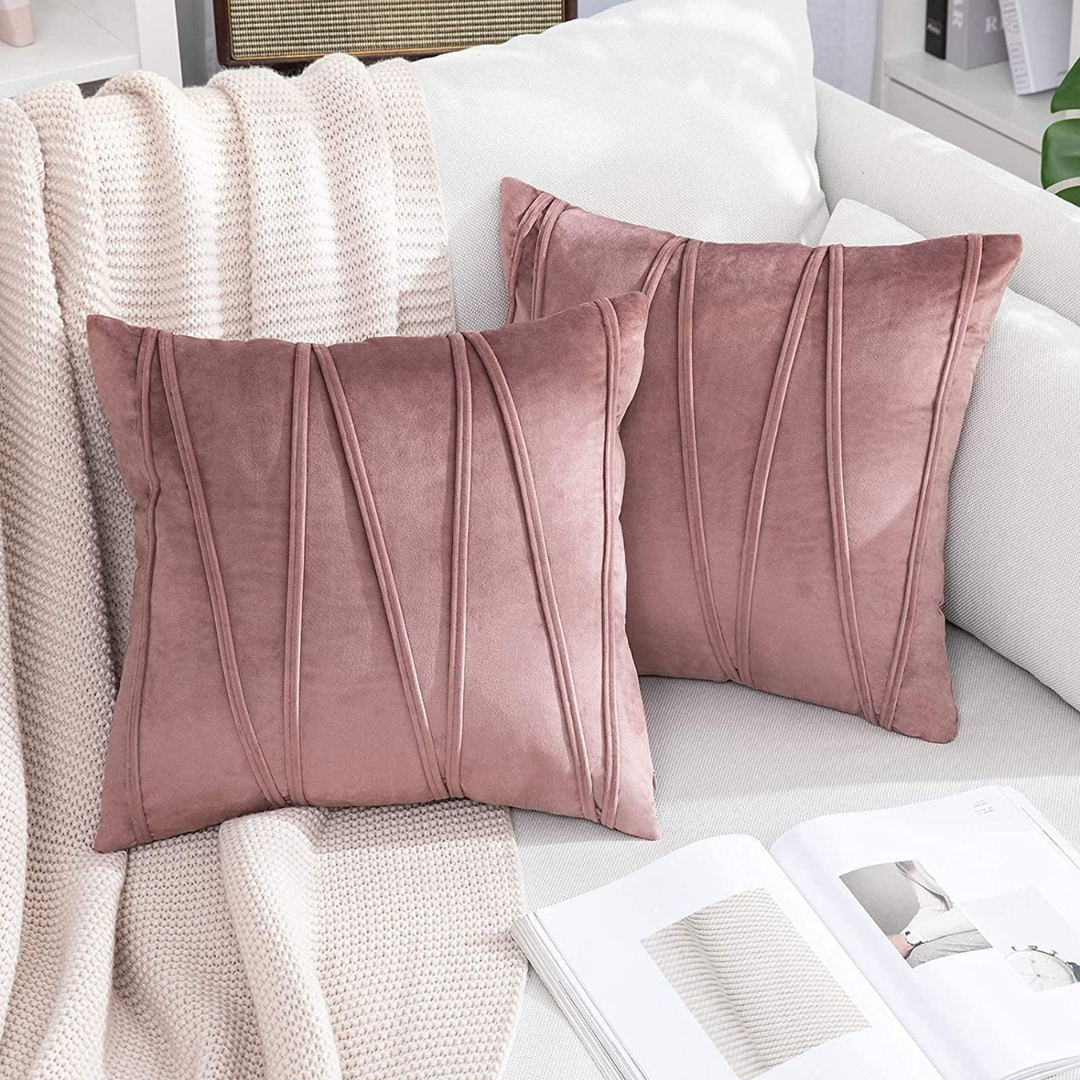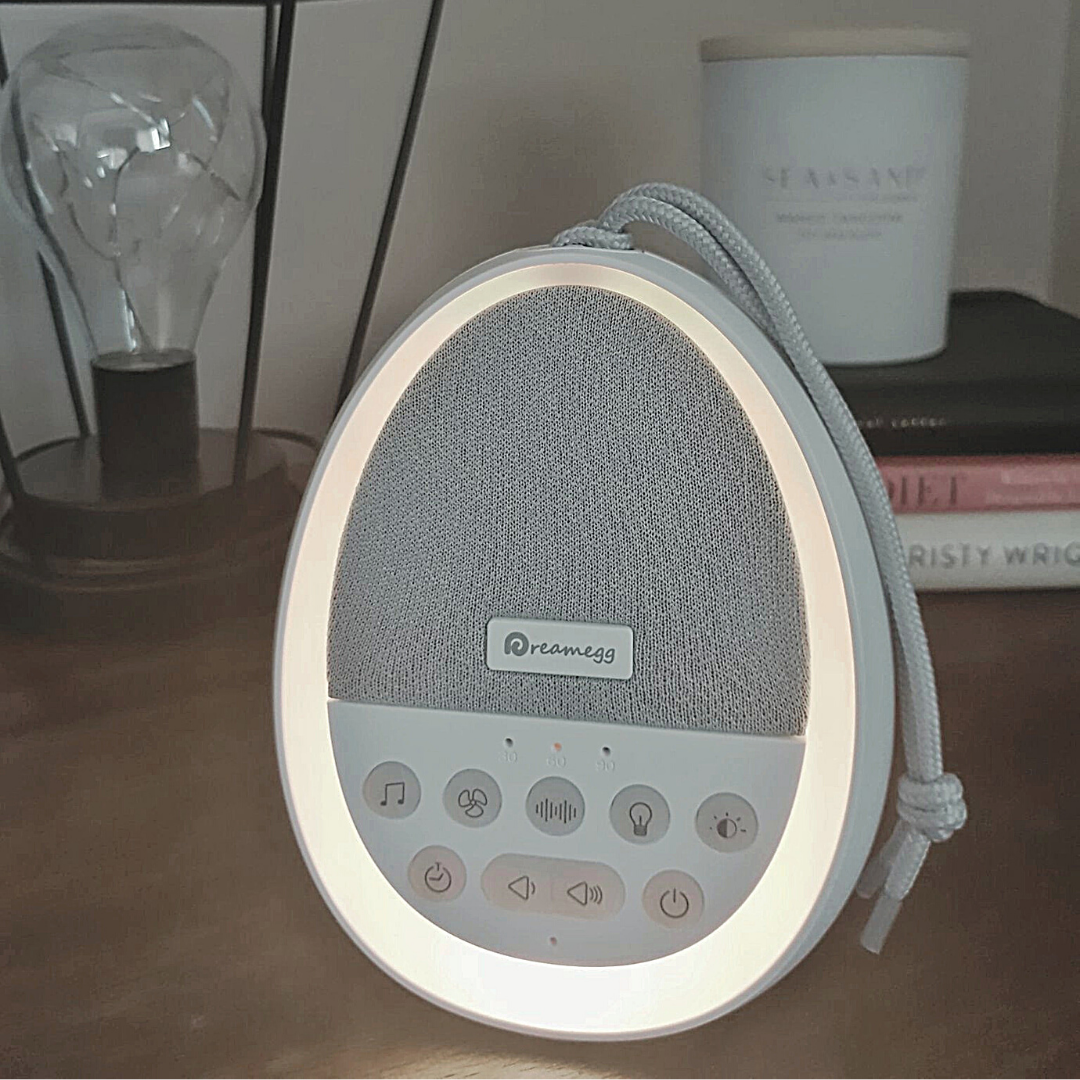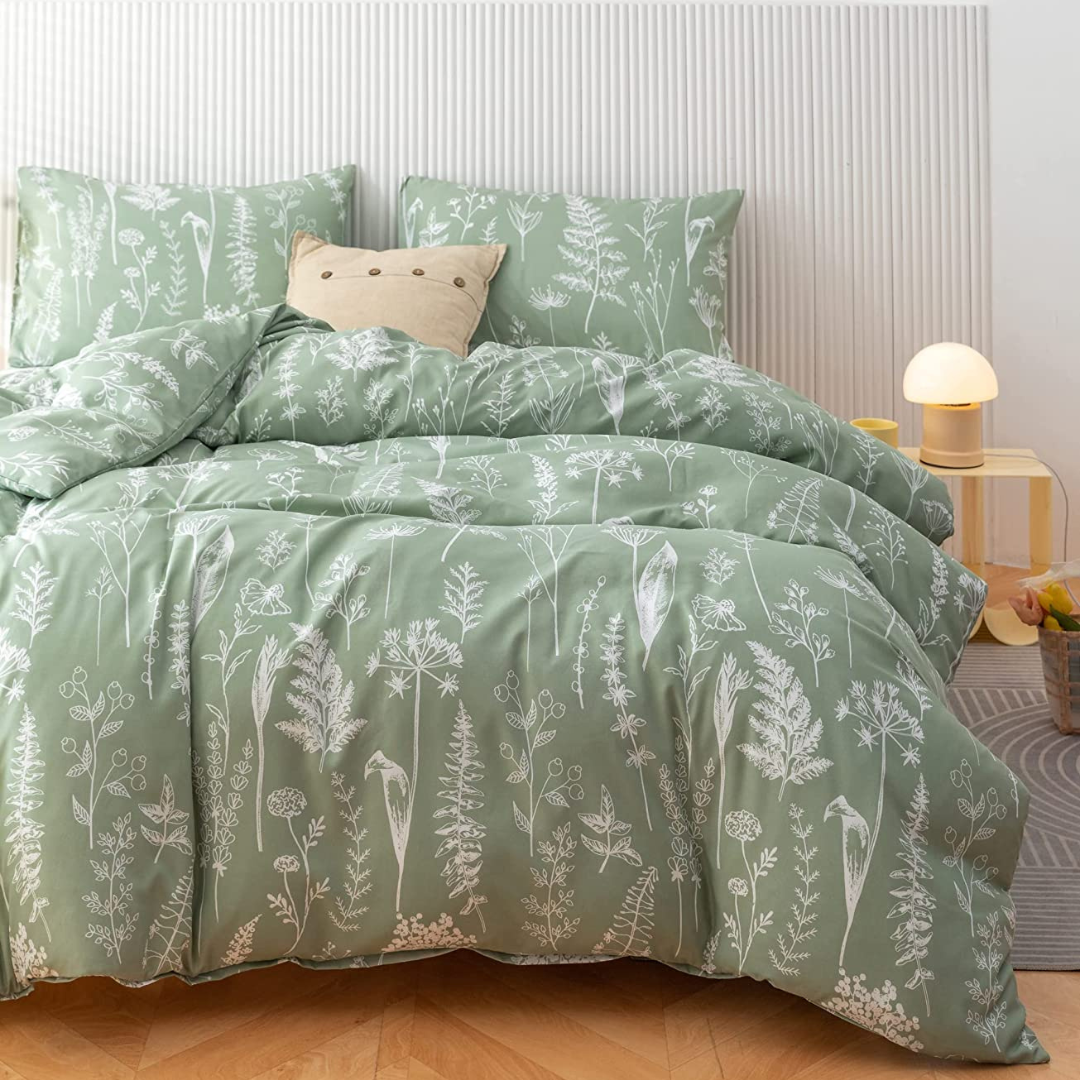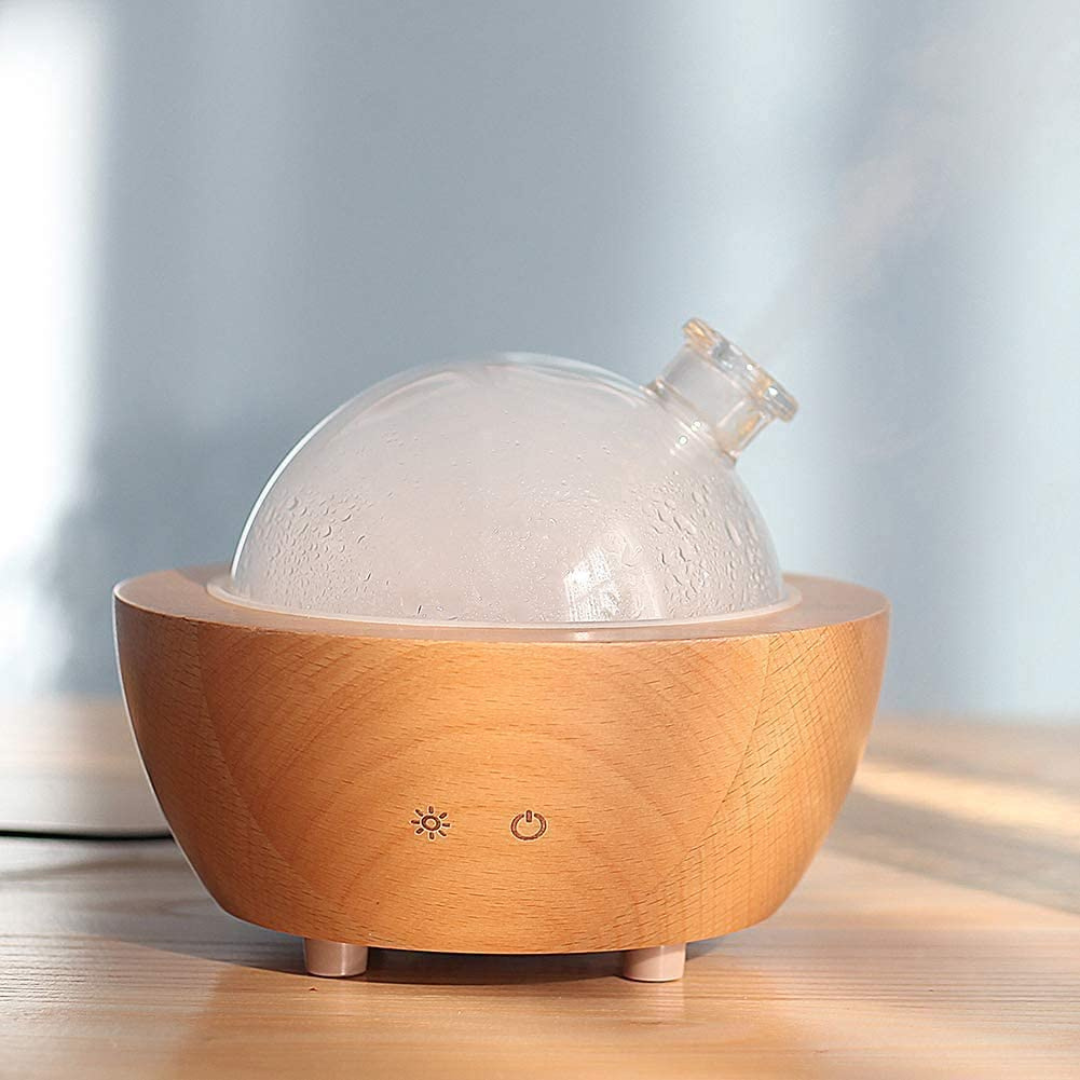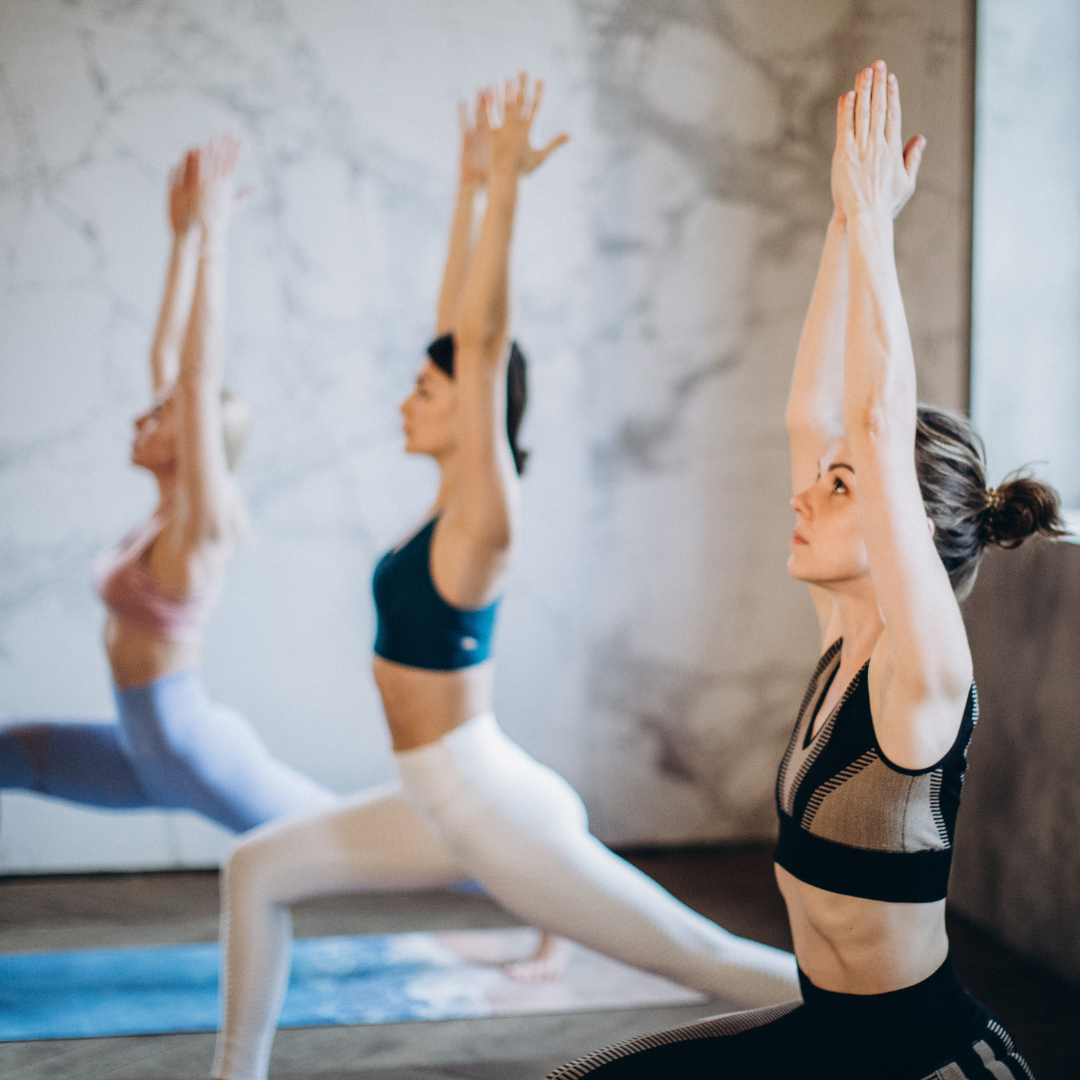|
|Anxiety has a way of creeping into our lives whether we're on board with it's presence or not, and although we may not have control over the biological underpinnings of this phenomenon, anxiety can be managed or even prevented with a range of techniques or with the help of a therapist or other supports. This is the fourth installment in a series focusing on anxiety and will explore strategies and treatment options to help with symptoms of anxiety.
This article will be divided into two parts - the first section will focus on strategies that have been shown to be effective at preventing the impacts of anxiety, and the second section will focus on models of therapy that are helpful for individuals who struggle with anxiety on their own or those who are diagnosed with anxiety disorders. There will also be a few simple exercises that you can try on your own, so this article will be experiential in nature.
Please note: If you or someone you know, is concerned about the symptoms or impacts of anxiety, I would encourage you to speak to a health professional such as a doctor or therapist, or ask a loved one to help connect you with support. Anxiety is treatable! MENTAL HEALTH RESOURCE VAULTGreat!Check your email for instructions on how to access the Members Only Resource Vault. Strategies to Reduce Anxiety
Many people are able to find strategies to help prevent or reduce the symptoms of anxiety that can be done on their own and without the assistance of others. It's normal for each individual to find that some coping strategies that can help, while others might not. We're all unique, and that's okay! Let's explore some possibilities now (please not this is nowhere near an exhaustive list of coping strategies, and I encourage you to join the conversation in the comments to add what has helped you).
Breathing: A technique that can be used at any time and any place is to focus on the breath coming in and leaving your body. The act of breathing is an automatic process, and can quicken when an individual is stressed or feeling anxious. Being able to focus solely on the breath can help to focus any anxious thoughts on a single task, as well as physiologically helping to relax the body. To learn more about the neuroscience behind how breathing can help calm our emotions (very interesting information, but too much to include in this article), click here.
Mindfulness: According to Mindful.org, 'mindfulness is the basic human ability to be fully present, aware of where we are and what we're doing, and not overly reactive or overwhelmed by what's going on around us'. Practicing mindfulness can help ease the symptoms of anxiety in both psychological and physiological ways, and has even been shown to change the structure in the brain (in good ways). Bringing awareness to the present moment, without judgments or having an agenda to accomplish something can be quite helpful for those suffering anxiety to feel more calm in the moment and afterwards. Jon Kabat-Zinn explains mindfulness in the video below: Click below for an example of a mindful body scan audio clip from AnxietyBC. Visualizations: As a visual person myself, being able to imagine myself surrounded by distant and relaxing scenery can be very calming and ease any stress, tension or worries I may be feeling in the moment. As Mindful.org explains, visualizations can also help you to gain insight into how you're feeling and the intentions behind practicing anxiety-reducing activities. I remember a class in my undergraduate studies when the teacher introduced visualizations to us. At first I was skeptical. She explained we would be listening to a recording and that the narrator would walk us through an imaginary forest. We were supposed to pay attention to how we were feeling before the exercise started, throughout the exercise and again at the end. I can still remember how real the sound of the 'bubbling brook' seemed and the detail of the leaves that were falling from high up in the trees. I was certainly more relaxed after this exercise! Click below for a few examples of visualizations. My favourite is the relaxing beach vacation! Grounding: For a very practical way of working through anxious moments, I encourage clients to practice grounding exercises. This term refers to being able to feel more connected within your body and to your surroundings in the here-and-now. This connection to your body and the present moment can help to produce feelings of safety and comfort in times when anxious feelings are taking over. There are many different examples of grounding exercises, and one that you can practice right now, even while you're reading the rest of this article, is to simply place your feet firmly on the ground (assuming you're sitting in a chair). If you're able to take your socks and shoes off, even better! Make sure your toes and heels are both touching the ground. Focus on the soles of your feet.. what sensations are you experiencing? Is the floor cool to the touch, or slightly warm? Is it a soft surface, or rough? How do you feet feel at this moment in time.. have you been on them all day so they're feeling sore, or were you just at the spa and had a relaxing foot rub? Allow these sensations to fill your mind and focus only on the soles of your feet, making sure to take slow, even breaths.. continue this exercise for as long as necessary and notice how you feel. Hopefully you're feeling more relaxed and ready to explore some more coping strategies! Below we will discover some of the professional supports available for anxiety, as well.
Apps for Anxiety
Professional Support for Anxiety
As a therapist, I highly encourage individuals who are experiencing difficulties with their mental health to consider professional options of support, including counselling or medical support such as medication.
Counselling: There are many different types of therapeutic models that have been shown to be helpful for anxiety. The basis for what makes therapy work is the therapeutic alliance which is the relationship that is formed between client and therapist. Having a therapist who seems to 'get' what a client is experiencing and provide the empathy, validation, and support a client is seeking can strengthen this therapeutic collaboration. Psychotherapy or 'talk therapy' is essentially a contract between a profession (a therapist, counsellor, psychologist or other mental health professional) and a client, who can explore the possible causes and impacts of anxiety and anxiety disorders. Within a trusting a safe environment, the development of an individuals anxiety can be unraveled, which could include experiencing a traumatic event, feeling the pressure to succeed, or having thought patterns that overthink and cause this anxiety. Having the courage to talk about the sufferings of anxiety can be helpful at preventing, reducing or completely alleviating these concerns. Support groups/group therapy: Whether it be online or in-person, being surrounding by others who have experienced similar symptoms of anxiety can be confirming to confirm and validate an individuals own experience of anxiety. For an individual with social anxiety, a support group can be a safe place to start experimenting with being in front of others in a safe way. Generally, support groups are moderating by a counsellor or peer support leader, so that an individual can have help integrating into the group. Medication According to WedMD, medication prescribed with the help of a doctor or psychiatrist can be helpful at reducing the distressing symptoms that can occur as a result of excessive anxiety. However, although some medications can be helpful, it's important to note that some individuals can experience unpleasant side-effects from taking certain medications. Having a doctor monitor the dosage, effectiveness, and any side-effects can be helpful at fine-tuning medications ability to help with anxiety symptoms. For some individuals, a combination of therapy and medication can produce positive results in being able to identify the reasons for anxiety, as well as control the symptoms associated with this mental health condition. Everyone is different in their preference of treatment, but it's important to remember that a mental health concern such as anxiety is treatable and there are many different options (such as the ones we have explored within this article but also many more) - the first step is to reach out and let someone know what's happening.
Thanks for sticking with me for this journey as we have discovered the definition of anxiety, specific types of anxiety disorders, the impacts that individuals can experience from having anxiety, and the coping strategies and treatment available.
Looking for a more scientific view of anxiety disorders? Check out the MindfulnessMD's The Neuroscience of Anxiety Disorders. Mental Health Resource Vault
Join for free and receive access to mental health & wellness freebies.
MENTAL HEALTH RESOURCE VAULTGreat!Check your email for instructions on how to access the Members Only Resource Vault. Series on Depression
References: anxietybc.com, mindfulnessmd.com, mindful.org, apa.org, adaa.org, webmd.com
Some links on this page are embedded with affiliate links that I may be compensated for at no additional cost to you. Discover resources for well-being on the store.
7 Comments
1/29/2017 09:11:43 pm
Great tips here! Focusing on our breathing seems like something so simple but makes such a big difference!
Reply
2/2/2017 12:40:14 pm
Breathing can make a huge difference for sure! Thanks for reading. :)
Reply
2/2/2017 12:12:13 pm
I love this. I have recently found out that I have anxiety (self-diagnosed). I always thought people felt so on edge and all that normally. Apparently not. However, I do find peace in music. I also love the grounding technique. I try breathing. It slows my heartbeat for the moments I'm concentrating on breathing, but after that my mind goes back to racing. The visualization technique is also awesome. I will have to try that one as well.
Reply
2/2/2017 12:42:12 pm
Thank you so much for sharing your own experience of anxiety. I'm glad to hear that you're trying out some different techniques - it can be good to try out a few to find ones that work for you. Take good care of yourself!
Reply
2/2/2017 01:01:38 pm
Hi Heather this is an excellent reminder full of useful tips to help with anxiety. As well as those you've included I have found Tai Chi to be amazing for reducing stress and anxiety.
Reply
2/2/2017 03:49:09 pm
Tai Chi sounds like a great option! There are so many ways people can try to find that inner peace and balance.. too many to include in this blog post! So I'm going to be packaging these posts into a free eBook with and eWorkbook (paid) to go with it soon, so that I can include more information for anyone who is interested in working through their anxiety. Thanks for your comment!
Reply
2/3/2017 04:09:58 am
You're so right in that there are so many different ways to find peace. An eBook sounds a great idea. Your comment will be posted after it is approved.
Leave a Reply. |
Welcome to the blog!↓ That's me, Heather. :)
MENTAL HEALTH RESOURCE VAULTGreat!Check your email for instructions on how to access the Mental Health Resource Vault. Categories
All
Popular Posts// 25 Positive Mindset Quotes
// Self-Care Bullet Journal Spreads // 7 Ways Your Physical Health is Connected to Your Mental Health |
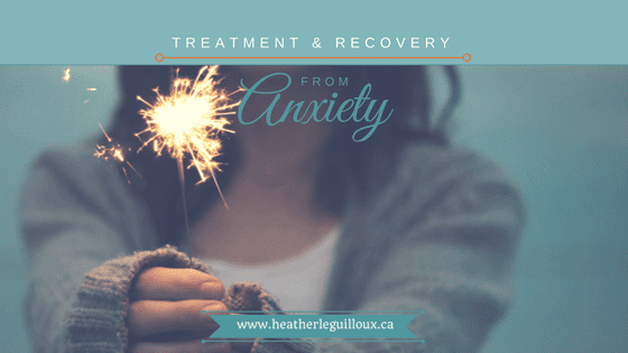
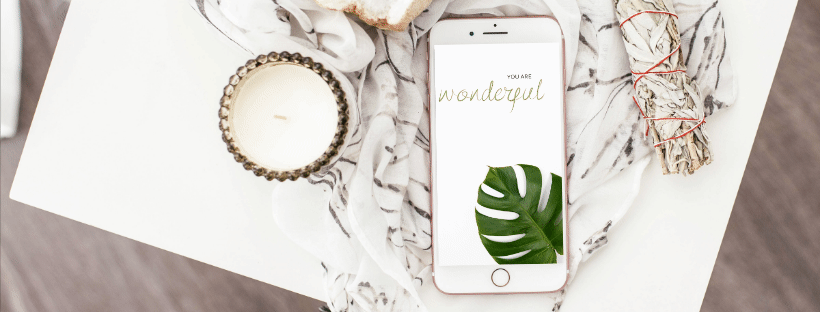
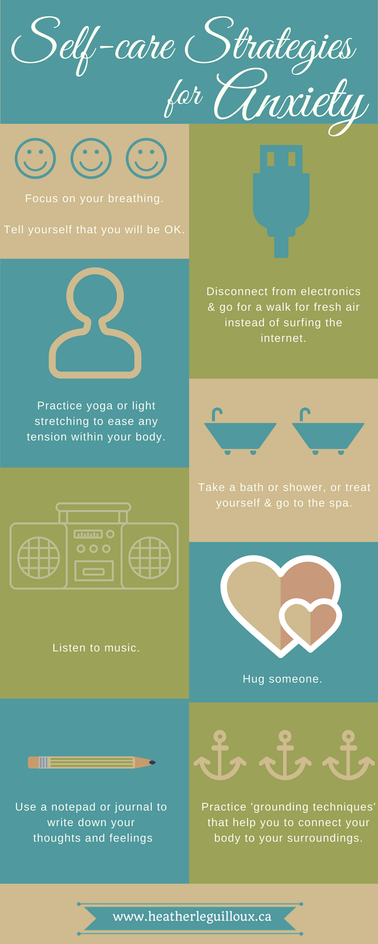
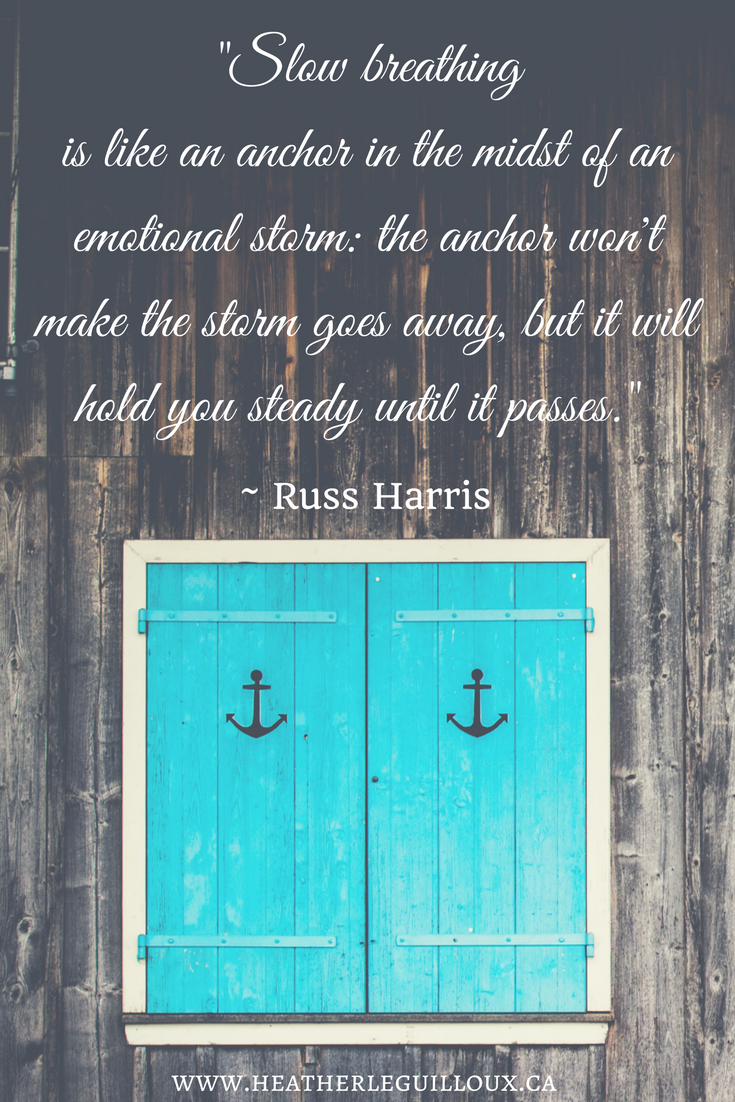

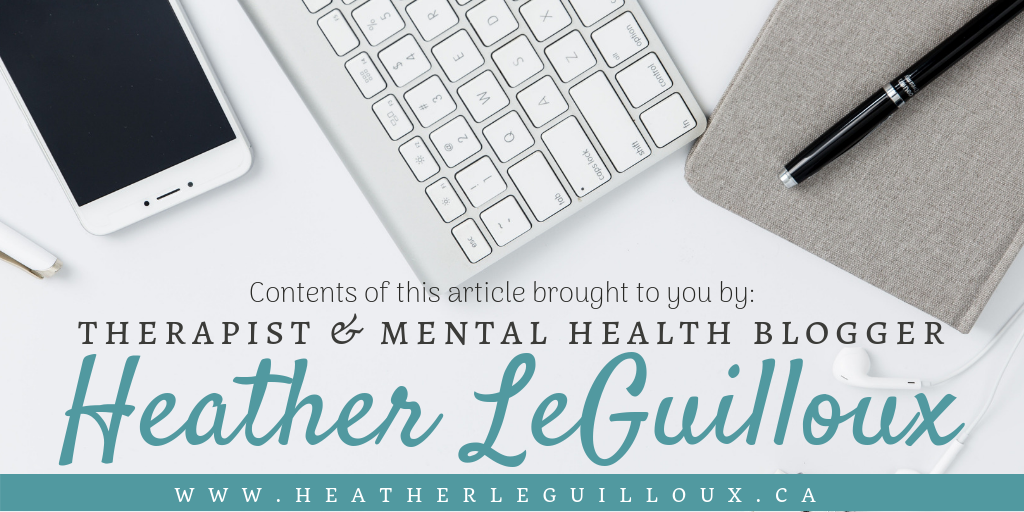
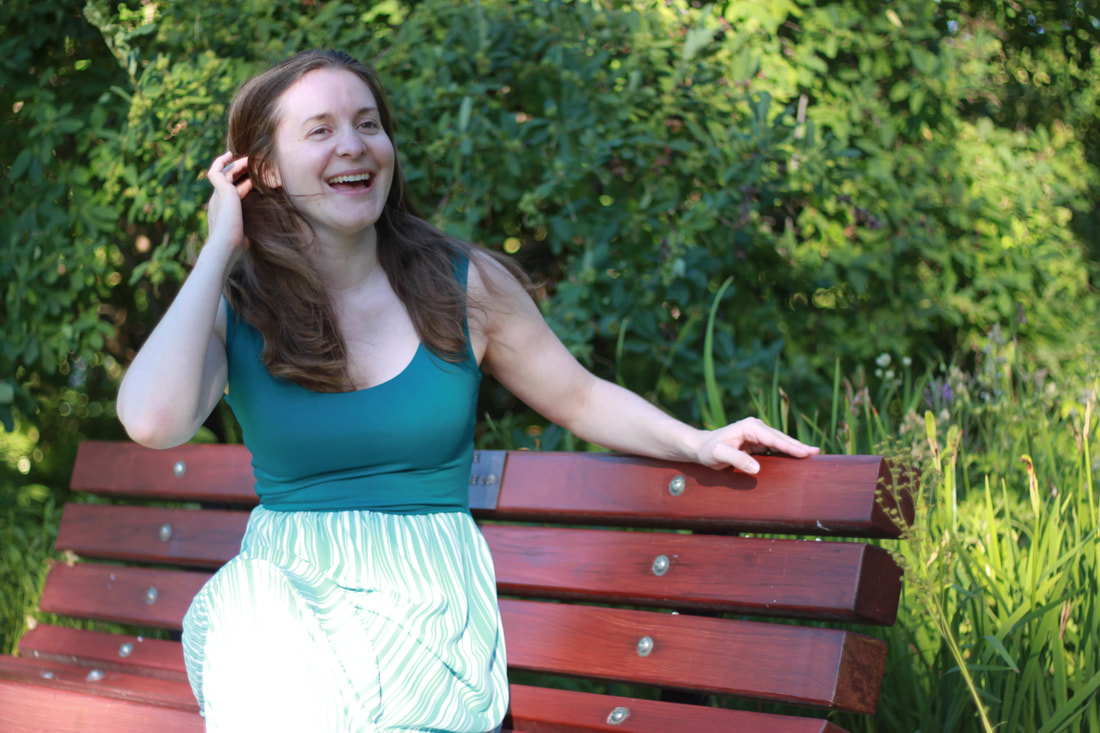
 RSS Feed
RSS Feed



